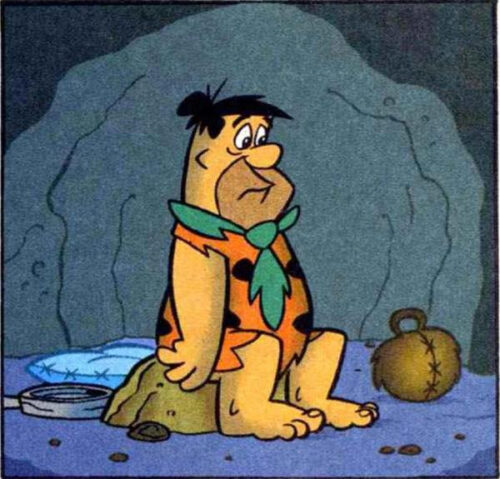As well as getting our new Debate Planet venture ready to launch, Marley takes the lead on the session plans for our online classes. Here’s her stimulus on this week’s theme of “home”.
Warm-up game:
How many phrases/idioms can you think of that include the word “home”? For example “home sweet home” or “no place like home.” You could make it competitive between groups, or set a whole-class target. Find a ton of them here.

When Does a Cave Become a Home?
Read/show the story below one part at a time (PDF display version here) and ask students to show when they think the cave has become “home”. Online, they put “now” in the chat; in a classroom it could be hands on the table, or feet out if sat in a circle.
Dolly, a prehistoric woman, is foraging for food when the heavens open and torrential rain pours down on her. She runs to a nearby cave to take shelter. She stays for several hours while the storm passes. While she waits, she explores the cave, noticing the types and shapes of rock.
When the rain stops, she leaves but remembers the cave. A week later, she returns just to sit there and get some peace from her family. She eats berries at the front ‘porch’ and watches the nearby birds.
Normally she sleeps out in the open air, with her family, who are nomadic and set up camp in a different spot every couple of nights. But one evening she is very tired and lies down to rest in the cave, only to fall asleep and not wake up till the next morning.
She visits the cave increasingly regularly, until she goes every day for a few hours in the evening. Sometimes she stays longer and sleeps there.
She sweeps up the debris on the floor of the cave. She builds a fire pit just outside and stores some logs at the back of the cave. She plants a small nut tree nearby. She levels the floor so that it’s less bumpy.
Eventually spring becomes summer and summer becomes autumn and she invites her family to sleep in the cave. They bring in some objects such as large rocks, animal hides and straw. They make handprint marks on the walls. Increasingly they spend more of their time in and around the cave.
One day they are out hunting and they return to the cave to find a man and his dog asleep in it. They scare the man off.
[From here, when does it stop being a home? Reverse whatever signal you were using.]
He never comes back, but they are always worried he might.
The children of the family get older and the cave starts to feel crowded. Arguments and fights break out and Dolly regrets inviting her family to sleep in the cave.
It’s summer and a particularly annoying aunt decides to move into the cave and Dolly decides to sleep elsewhere.
In the summer heat of a particularly hot August, the cave becomes full of flies. The flies find food scraps and their numbers multiply. These flies attract spiders and small lizards, which attract raids from bigger predators, until the cave no longer feels like a safe refuge.
One by one, the family decides to leave the cave. Only the dad stubbornly stays in the cave until finally he gets lonely and rejoins his family. The cave continues as a hotbed of insects and small animals.
Put their opinions into question
We’ve found that this story and all the lines of thought coming off of it sustains a very extended discussion. It’s a particularly good enquiry for creating more connected dialogue, because many of the pupils’ thoughts manifest themselves through statements that can be reflected back by you, for the class to examine.
In yesterday’s online class, Tom heard the following assertions:
“Your home is where you live at the moment.”
“Home is where you love the most.”
“Home is where you feel safe.”
Take your time to eliciting reasons and counterexamples as you go e.g. “You don’t have to feel safe for it to be home – you might be in a warzone.”
When Does Something Become An X?
The general format of this story is one you can use to explore all sorts of concepts, including with stories and topics you’re already using. When does a story character become evil? When does a friendship begin? When does a character grow up?
Best wishes,
Marley, Jason & Tom
P.S. from Jason – I always feel at home in a cave. There’s something about being underground that I absolutely love. Feeling at home when you’re not at home is a positive thing; not feeling at home when you are at home isn’t, of course, and this is an enquiry that might be emotional for some children.
P.P.S. from Tom – during yesterday’s warm-up game I heard what I think is my new favourite phrase – “home is where the cat is”.
Sticky Question of the week

Never miss a resource! Get these P4C ideas sent straight to your inbox every week for free.